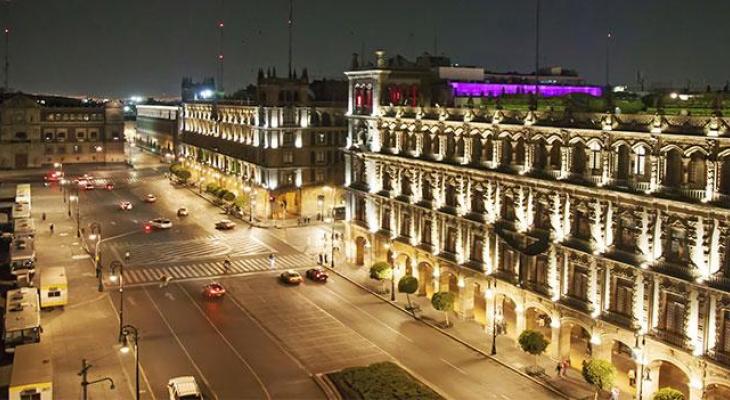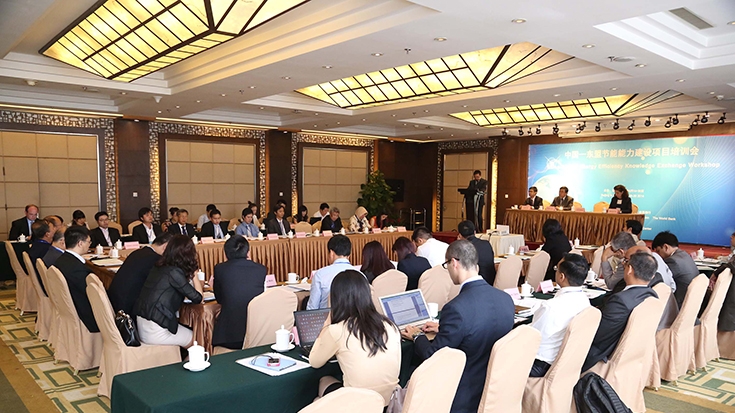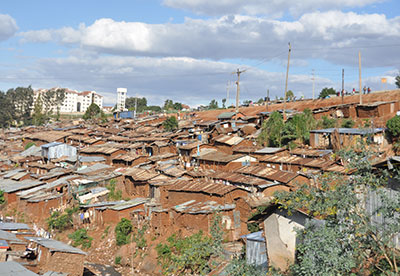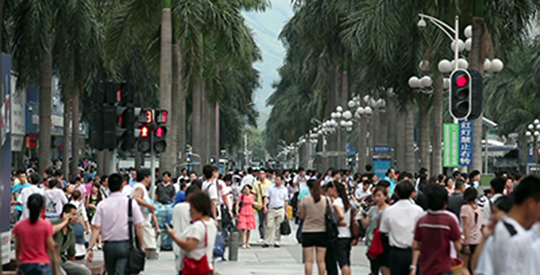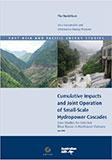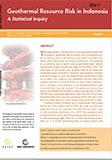NewsletterIssue | July - August 2014
Highlights
July 14 2014
A knowledge exchange event involving a number of emerging economies was organized by ESMAP in Istanbul on April 25, 2014 to address this issue. The event brought together participants from Azerbaijan, Brazil, China, India, Indonesia, Tunisia, Turkey and Vietnam.
July 14 2014
ESMAP organized a South-South Knowledge Exchange on 19-23 May, 2014, in Nairobi, Kenya, attended by experts from Brazil, Colombia, South Africa and Kenya.
July 3 2014
China has set an ambitious target of reducing carbon intensity by at least 40 percent from the 2005 level by 2020. The city of Shenzhen, long a symbol of China’s economic boom, is now at the leading edge of this national effort, with the municipal government committed to a low carbon development path. To support these efforts, the World Bank signed a Memorandum of Understanding with the city of Shenzhen on climate change cooperation on June 10, 2014. A cornerstone of this MOU is a study to help the municipal government develop a comprehensive roadmap and specific policy recommendations to achieve its ambitious emission reduction targets. The study is financed through ESMAP’s City Energy Efficiency Transformation Initiative.
July 9 2014
A World Bank-supported program in Senegal has helped households diversify their fuels needs away from wood. As a result, deforestation has seen a tangible drop, with over 23,000 hectares protected. With the support of ESMAP’s Africa Renewable Energy and Access program (AFREA), the project has successfully integrated gender considerations into its activities, achieving gender equity in local committees and boosting the participation of women in new businesses. The share of participating community total income going to women has risen from 3 percent in 2009 to 12 percent in 2013.
Publications
Resources
Events
Learning and Collaboration
Published on: 07/01/2014
